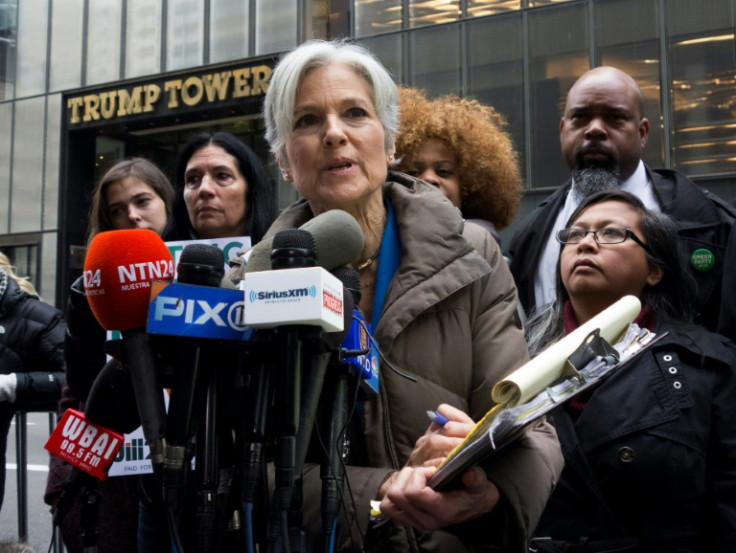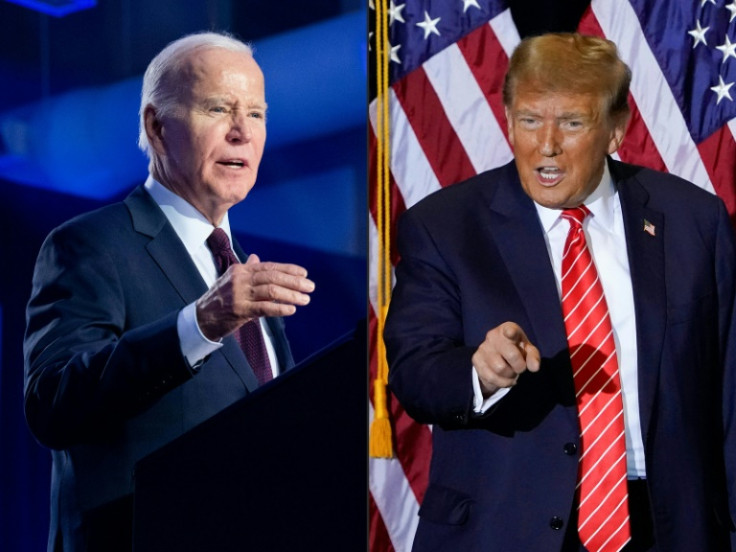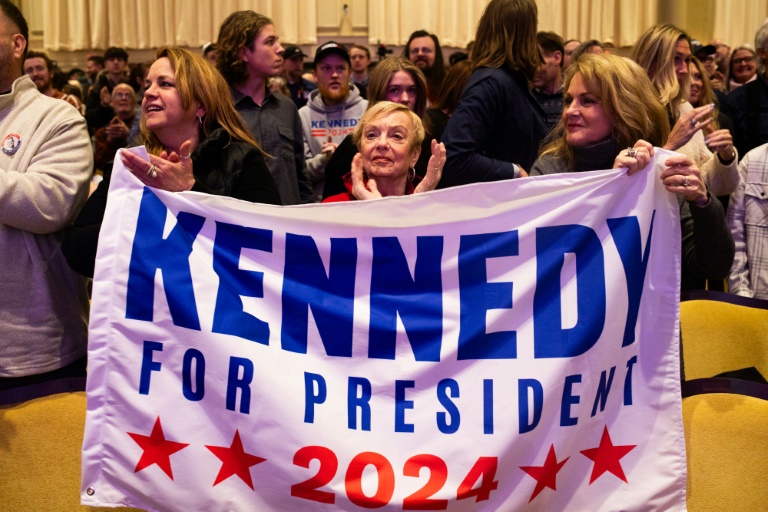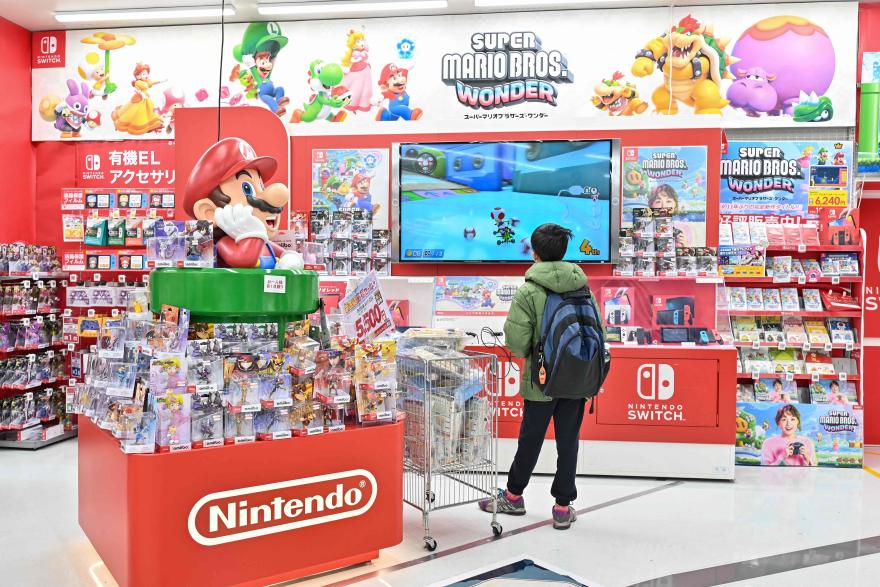Americans haven’t elected an independent president since George Washington, but a public turned off by two historically unpopular frontrunners appears more open than ever to the rich crop of wildcards who could tilt the election in 2024.
Voters have made clear in multiple polls that they don’t want a rematch between Joe Biden and Donald Trump, and are willing to take a serious look at the growing number of politicians mulling independent or third-party campaigns.
None has much of a chance of winning the White House in November but several so-called “spoilers” could sway a close election in either direction, say analysts.
Democrats in particular fear a wildcard candidate harming their prospects, recalling how Green Party standard-bearer Jill Stein threw a spanner in the works for Hillary Clinton in 2016.
Stein is running again alongside several hopefuls seeking to upend the two-party system, such as racial justice activist Cornel West and Robert F. Kennedy Jr, a candidate with a famous name who poses the biggest threat to the status quo.
Political consultant Douglas MacKinnon, a White House aide in the Reagan years, believes John F Kennedy’s nephew is shaping 2024 into a genuine three-person race, and points doubters to the multitude of pundits who gave Republican Trump no hope in 2016.
“Kennedy’s words and warnings are now resonating with young voters here in the US,” MacKinnon wrote in an op-ed for politics newspaper The Hill.
“So much so that he now leads both Biden and Trump with that demographic.”
In the absence of a genuinely competitive nomination processes for either of the major parties, this year’s campaign is set to be one of the longest in history.
Biden and Trump are already drawing battle lines, even as recent polls by the NORC Center for Public Affairs Research and the University of Massachusetts Amherst showed more than half of voters were unhappy about a re-run of 2020.
Opinions still differ on which candidate is more threatened by the scion of America’s most storied Democratic dynasty, who shares conspiratorial views on vaccines and an enmity for Ukraine aid that delights Trumpists.
Biden and Trump are virtually tied in the RealClearPolitics polling averages, but throw Kennedy into the mix and he takes 17 percent — while Trump opens a lead of five percentage points.
Kyle Kondik, a political analyst at the University of Virginia, cautioned that polls often overstate support for independents, who tend to start with lofty ambitions before flaming out.
But he added: “Polls that include all of the potential third-party candidates usually show Biden hurt a bit more by them than Trump.”
Conservatives tend to agree.
“Kennedy poses a legitimate threat to Biden because he’s focusing on issues that matter to millennial voters and Gen Z voters,” said Charlie Kolean, a right-leaning political operative and chief strategist at RED PAC.
“We’ve seen focusing on issues like government transparency, fiscal responsibility and increasing economic opportunity win elections across the country.”
Kennedy, Stein and West are likely to be joined by a host of other hopefuls, potentially including anti-Trump conservative Liz Cheney.
Meanwhile self-styled centrist group No Labels is creating a “unity ticket” to unleash in the event that the two parties select “unreasonably divisive presidential nominees” — a move criticized by Democrats as a boost to Trump.
The difficulty for candidates operating outside of the two-party system, says Kondik, is finding the money and resources to even get on the ballot, let alone win.
But a respectable tally for a wildcard candidate in just a few closely fought battlegrounds can swing an election.
Stein won just one percent of the vote in 2016 but her share in several swing states was bigger than Trump’s victory margin over Clinton.
A Senate report found that Moscow pushed social media campaigns boosting Stein, leading Clinton to call her a “Russian asset.”
“Voters do have a right to choose who to vote for,” Stein told cable network NewsNation last month, angrily rejecting the charge that she tipped 2016 in Trump’s favor.
“And to try to shove down the throats of voters two candidates — two zombie candidates from two zombie parties — that really have been serving the economic elites… I think it’s incredibly arrogant.”
AFP

AFP

AFP







